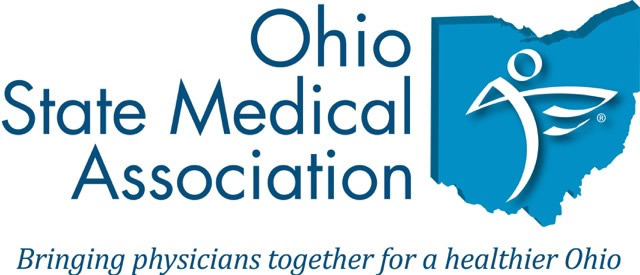Complete Story
07/07/2021
Deferred, Delayed, Disrupted: Mitigating Risks From Care During COVID-19
Provided by Richard E. Anderson, MD, FACP
Chairman and Chief Executive Officer
The Doctors Company and TDC Group
The pandemic thoroughly disrupted healthcare delivery across the spectrum of healthcare.
By mid-2020, more than 40 percent of U.S. adults had delayed medical care or avoided it entirely, including care for urgent and emergent complaints. Nearly a third of American children missed or delayed care in 2020. While many of these missed appointments will not have specific adverse outcomes, modeling predicts more than 10,000 excess deaths over the next decade from breast and colorectal cancers alone directly attributable to care delayed or missed during the pandemic. Estimates of the actual vs. expected total mortality rate in 2020 suggest hundreds of thousands of excess deaths beyond the documented toll of COVID-19 alone.
Risks of Litigation
We know most claims are based on poor outcomes, rather than poor care. Remaining to be answered is the question whether there be a surge in claims for delayed or missed diagnoses related to the pandemic?
We ask these questions just as many of the medical liability protections passed by the majority of states during the pandemic are expiring. New York has already allowed its protections to lapse. Further, it is possible that many plaintiffs’ attorneys are waiting to file patients’ claims in hopes that medicine’s well-earned halo—the positive light shining on the medical profession because of heroic actions during the pandemic—will fade.
Mitigating Risks From Deferred, Delayed, and Disrupted Care
Situations most likely to lead to litigation are those in which patients themselves are acutely aware of delays. In such cases, liability risks exist even if care was available, but the patient felt too worried about COVID-19 to be seen by a healthcare provider. Clinicians should identify and attempt to contact such patients. Examples include patients who communicated with the practice about things like breast lumps, rectal bleeding, or chest pain, who would be acutely aware of time passing while not seeing their physician.
Now, clinicians have the opportunity to identify patients whose conditions merit priority contact. Explicitly recommending that those without medical contraindications get vaccinated not only helps slow the spread of COVID-19, but may also stop a patient from claiming that they remained unvaccinated for lack of counsel from their physician. Invite patients who have questions about vaccines to communicate their concerns.
Since risks exist even if patients did not present for care, documenting the practice’s efforts to reach patients who have delayed care will reduce the likelihood of a malpractice claim.
It’s not yet clear whether there will be a surge in claims related to COVID-19, but clinicians will be well served by remaining mindful of the new liability risks created by deferred, delayed, or disrupted care.

